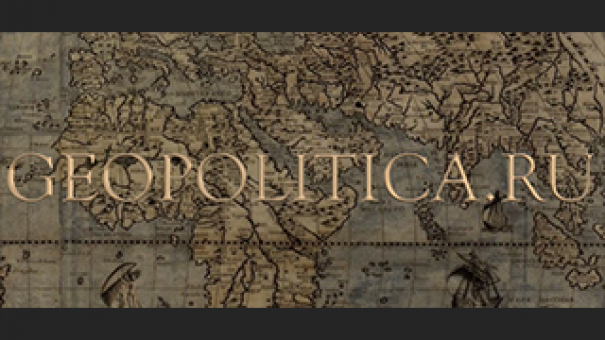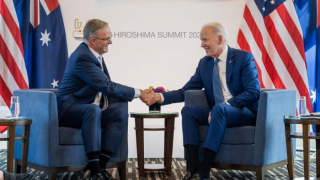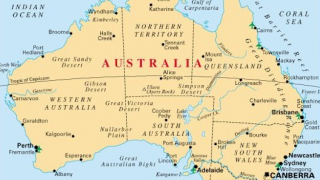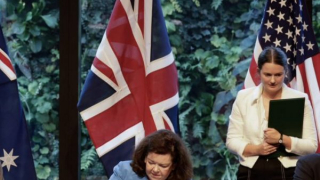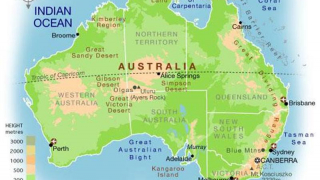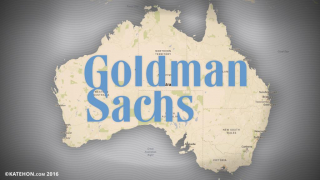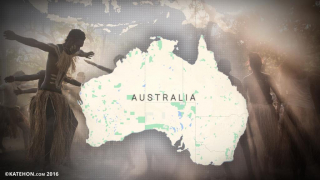See also
23.08.2024
Australia holds a special place in global geopolitics. Despite the size of the country, it has never actively participated in shaping global...
30.11.2016
Near the building of the Australian government protests were held against sending migrants to the islands of Oceania. Moreover, protesters managed to...
21.08.2024
With the current inappropriate foreign interference of the UK and the U.S. in Australia’s politics, it is likely that the country will be elected as...
21.09.2017
Australia is in a unique position because its economy is heavily dependent on Chinese commodity consumption while its political orientation is...
27.07.2016
The Australian elections had no surprises in the return of one or other of the Establishment globalist parties, Liberal and Labor, to Government....
11.10.2016
The Australia's main opposition party has blocked a referendum on the legalization of sodomite «unions», because of the fears that the society will...
23.10.2016
The telescope, located in The Southern United States, will go into ownership by the Air Force, which plans to move it to Harold E. Holt Naval...
17.07.2016
Australian Prime Minister Malcolm Turnbull told his British counterpart Theresa May he would like to see the two countries strike a free trade deal...
21.12.2016
Australia and France have signed an agreement to build 12 cutting-edge nuclear powered submarines.
Australian Minister for Defense Marise Payne said...
02.03.2017
Dozens of asylum seekers held in a detention centre in Papua New Guinea have elected to accept cash from Australia to return to their home countries...
07.10.2016
In Australia, a parliamentary summit of the MIKTA organization of middle-range nations, which include Mexico, Indonesia, South Korea, Turkey, and...
09.09.2016
We, the Yuggera Ugarapul Tribal Peoples are descendants to a number of Prominent First Nations Allodial Ancestors that are recorded and confirmed...

